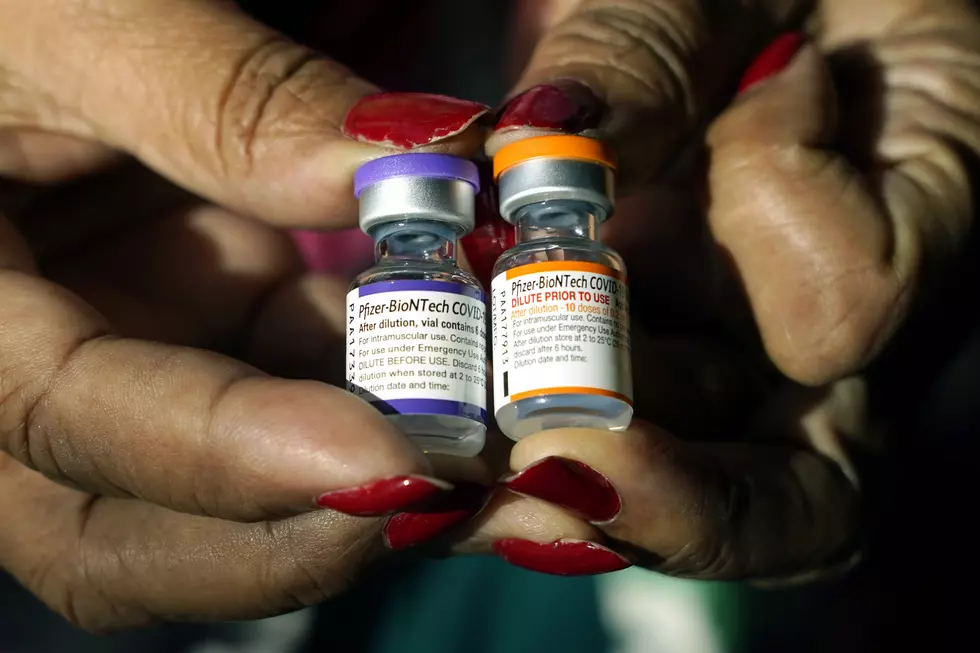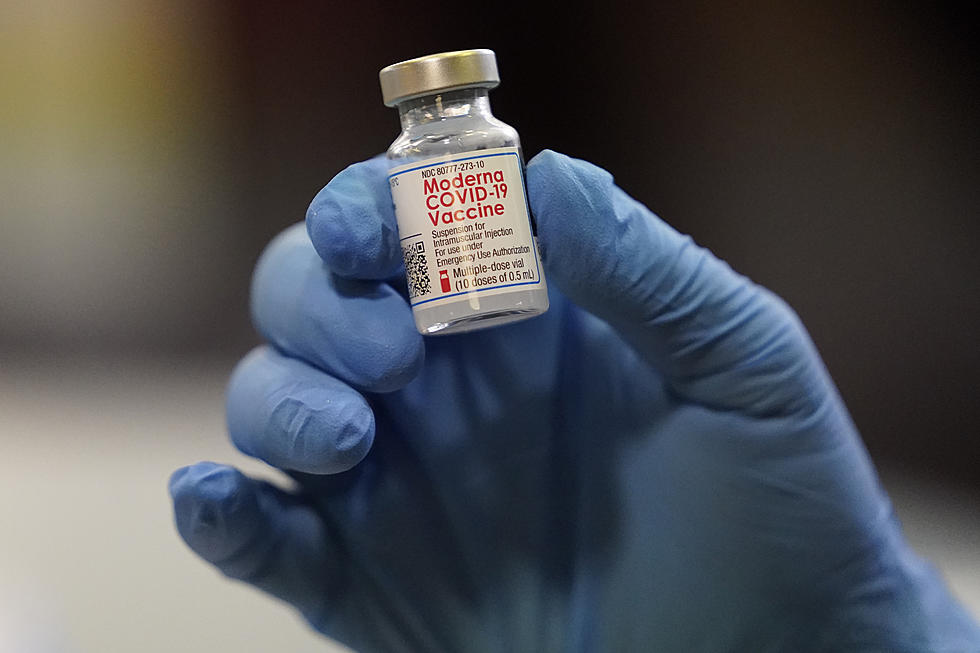
Feds vows to publicize vaccine injury help program
Leaders of the nation's system for helping people hurt by a routine vaccination have vowed to better publicize the little-known program, while the judge who oversees the special vaccine court that handles injury claims worries that if more are filed, they will take even longer to handle than they already do.
The comments were made to government investigators, who released a report Friday about the National Vaccine Injury Compensation Program several days after an Associated Press story detailed the program's problems.
Congress created the program to quickly and generously pay for medical care in the rare cases when a shot to prevent one sickness likely caused serious health complications instead. The AP found that the program has heaped additional suffering on thousands of families, including delays that have stretched a decade or more.
The Government Accountability Office's report noted how a program established a generation ago to help children injured by government-recommended vaccinations such as measles and chicken pox is now dominated by claims filed by adults who received a flu shot. Those cases typically claim that the adult suffered from Guillain-Barre Syndrome, in which the immune system attacks the nerves.
Doctors inside the Health Resources and Services Administration who analyze claims when they are first filed said they would take steps to publicize the program more. That plan includes using "plain language" in its literature, improving its website and targeting promotion to "health care providers, parents and expectant parents, adults aged 50 years and older (including Spanish-speaking older adults), and civil litigation and health attorneys," according to the report.
Few suggestions have been implemented to date from a comprehensive publicity plan the program paid $300,000 for several years ago. Less than $20,000 of the program's $6.5 million annual budget is dedicated to public outreach.
One concern about publicizing the program is that the public might interpret a message that vaccines can cause harm, even if rarely, as a reason not to get vaccinated.
The GAO investigator who oversaw the report said program doctors began taking action on publicity only after the watchdog organization's inquiry began.
"They continue to express the concern that they don't want to do things that suppress vaccination rates. I understand that concern and it's a legitimate one, but nevertheless it's important that people who are receiving vaccinations are aware that this program exists," said GAO investigator Marcia Crosse.
The recent AP story detailed how families are caught between private lawyers who clog the court with more cases than they can handle and government lawyers and doctors whose instinct has been to contest claims.
Analyzing government data, AP found that if government doctors had their way, 1,600 families would not have gotten more than $1.1 billion in cash and future medical care between the court's opening in 1988 and then end of 2012. Overall, the government says it distributed $2.8 billion through March 2014.
In recent years, the program has received more than 400 claims annually.
Claims are supposed to be resolved within 240 days, with options for another 150 days of extensions. But between the court's opening in 1988 and then end of 2012, less than 7 percent of 7,876 cases not including those claiming a vaccine caused the developmental disability autism met the 240-day target, according to AP's data analysis. Hundreds have surpassed the decade mark. Several people died before getting any money.
In response to the GAO report, the chief judge of the Court of Federal Claims, where vaccine court is housed in Washington, D.C., asserted that claims are being adjudicated more quickly in recent years. However, heavier caseloads and a limit on the number of "special masters" who can process them present "a continuing challenge" to continue that progress, wrote Chief Judge Patricia Campbell-Smith. She did not reply to a request for comment Friday.
The Department of Justice, whose lawyers contest claims that government doctors don't want to concede, said the program has been a success.
More publicity could mean more cases, and without more funding that "could adversely affect case processing times," spokeswoman Nicole A. Navas said. "However, the program as a whole has also demonstrated the ability to continue to process cases within a reasonable time frame despite a growing caseload, and may seek additional resources as needed."
---
Pritchard reported from Los Angeles, Weiss from Greenville, South Carolina
---
Contact Justin Pritchard at http://twitter.com/lalanewsman
More From New Jersey 101.5 FM









